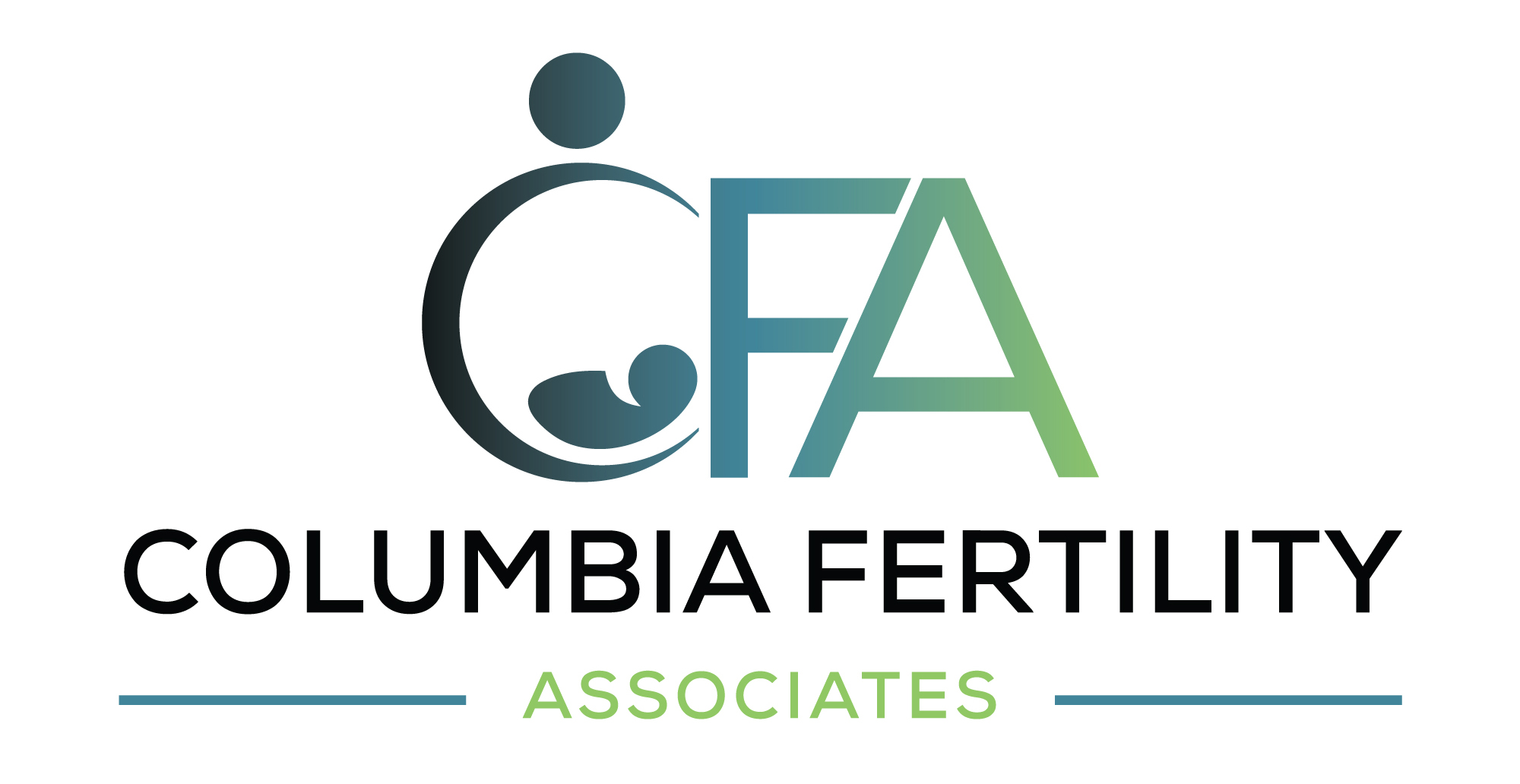Genetic Testing
Genetic testing is a specialized test that assesses changes in chromosomes, genes, or proteins. The purpose of the test is to evaluate your risk of passing on a genetic defect or trait to your child.

Genetic Testing Q & A
Do I Need to Get Tested?
Genetic testing is voluntary, so you don’t need to get tested. But if you have concerns due to you or your partner’s medical history, you may want to consider testing. It can be done before or during pregnancy.
What Types of Tests are Available?
If you decide you’d like to get genetic testing, the team at Columbia Fertility Associates work with you to determine the best type of test based on your family history. Tests include:
- Carrier Testing: Performed before you get pregnant, a carrier test checks your DNA to see if you have traits that indicate certain genetic disorders, such as cystic fibrosis, sickle cell anemia, or spinal muscular atrophy.
- Sequential Screen: This test is done during pregnancy and uses data collected from your first-trimester ultrasound, along with a blood test during the first and second trimester to assess risk for Down syndrome, trisomy 18 (Edwards syndrome), and neural tube defects.
- Maternal Serum Quad Screen: A blood test performed during the second trimester, this screening looks at certain proteins that may indicate risk of Down syndrome, trisomy 18, or neural tube defects.
- Amniocentesis: This is a procedure that draws amniotic fluid from your uterus to assess your baby’s chromosomes. The test can identify chromosomal conditions such as Down syndrome and trisomy 13 (Patau syndrome) and trisomy 18. It also tests for genetic conditions found during a carrier test, such as cystic fibrosis or sickle cell anemia.
- Chorionic Villus Sampling: Completed during the first trimester, this tests takes a small sample of your placenta to assess for chromosomes and is used to test for Down syndrome, trisomy 13 and 18, and other chromosomal conditions.
What Happens After Genetic Testing?
After genetic testing, you sit down with a genetic counselor to review your results so you understand what they mean. If necessary, the counselor may refer you to a medical specialist to help you better understand the genetic findings and develop a plan.
If you have concerns about how your genes may affect the health of your baby, call Columbia Fertility Associates to schedule an appointment to learn more about genetic testing.

